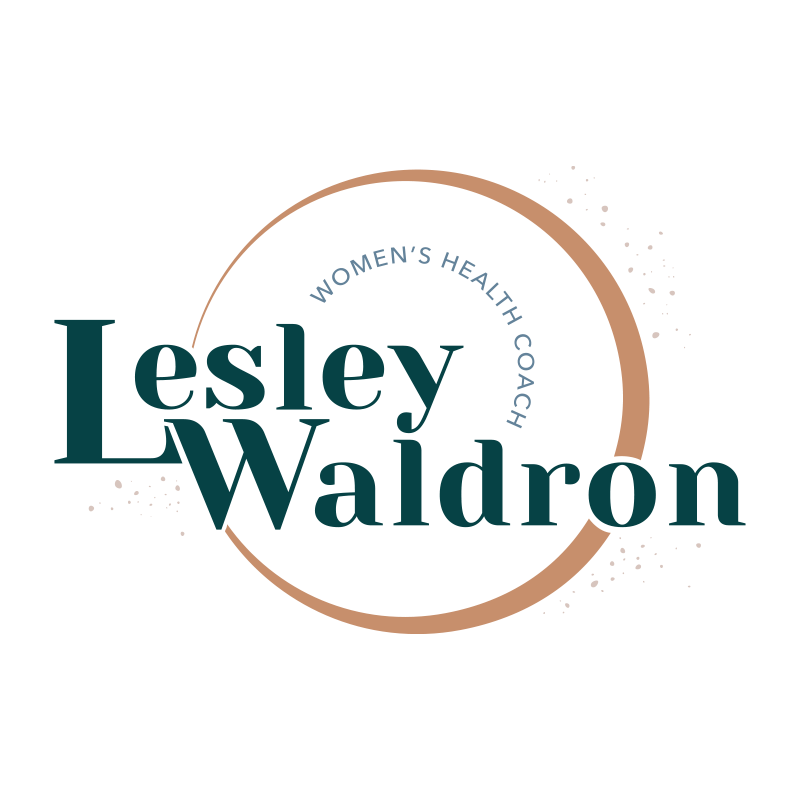How do you get started with exercise in perimenopause?
Davina and I will always agree on this one piece of advice for women in perimenopause.
I was listening to Davina, McCall, being interviewed on the Postcards from Midlife podcast recently about her perimenopause experience, and about her, her life and times as a midlife woman.
Her first and absolutely key piece of advice for anyone struggling with perimenopause and its physical, emotional, and mental symptoms is to go out for a walk.
It doesn’t even have to be for very long, 15 minutes is great.
There are so many benefits to exercise
Being out in nature, which can create a calming effect and help you think straight. Exposure to daylight helps us with sleep, as well as feeling more alert. You're moving your body, muscles, and blood, which helps with all of those pesky, stress, hormones. You can think differently outside (especially if you go without a phone in your pocket). And you can walk without a particular objective, just going for a walk, not a run where you feel you have to do a certain distance, or time.
There’s a mental headspace benefit of going for walks, which is vital for the busy and slightly foggy perimenopausal brain.
Physical movement is a really important piece of the puzzle when it comes to perimenopause well-being and it can feel there are lots of barriers in the way for exhausted, midlife women wanting to do something but not feeling like they’ve got the time, or energy to move.
So here are some key things that have helped my clients get moving more.
The first one is to make it really small and really easy so for strength training that might just be could you do 10 squats before you have a cup of tea in the morning or do some press ups on a bench on your way back from a dog walk, or take the long way round on the way back from work, or the school run. These are really small relatively easy but still encouraging you to get stronger and move more.
Going out for a walk at lunchtime can be a game changer, particularly for those who work at home who might not have breaks naturally built into the day. It’s so easy to go from zoom meeting to zoom meeting, so making 15 minutes available in your diary to go for a walk even if it is around the block and back home. This can really help you if you tend to feel foggy and lethargic in the afternoons.
Another one is another aspect of an exercise that keeps us going is a sense of community doing it with other people, whether it’s a community class, joining a netball team, or a gym with friends or finding a running club because that kind of keeps you going - not wanting to let others down, but it also creates a feeling of connection and community, which is so vital to midlife women.
Maybe you know all of these things already, you know that it’s good to get moving and you know that you can start small. But you might have a voice in your head that says that it’s too easy. It’s not enough to just go for a walk.
So I’d like this blog to remind you that even though it feels easy it’s still worth doing and a 15 minute walk is better than no walk and 10 squats are better than not going to the gym at all.
And these small actions can be an important starting point (or re-starting point!) to creating an exercise habit in perimenopause.
Because once it feels like it’s attractive, fun, enjoyable, or easy you can start adding in more.
It might be that you can add an extra 10 minutes onto the walk, adding some lunges, or consider joining a class or going to the gym.
Another way of getting moving is hooking it onto something else that you already do. Close to me there’s a local gym that also has a coworking space. You could combine work and exercise. Or perhaps head to the gym before you run the weekend errands.
Sometimes there’s a mindset block. We don’t feel like we can take the time, that it’s selfish. Or we need to feel like we ‘deserve it’
It can be useful and think about how hard you might feel afterwards or how investing in your well-being will pay off in the long term.
There’s SO much evidence to show us that exercise is good for our health - mental, physical and that it benefits our hormones. And that there’s a long term pay-off for our quality of later life if we create these habits in midlife.
